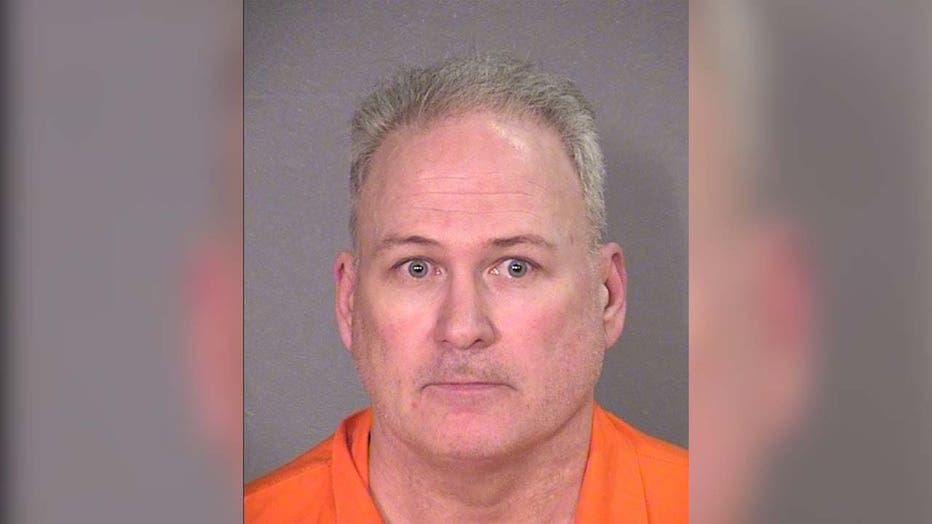Austin rape survivor advocates for expansion of DNA technology used by FBI

Rapid DNA could solve more murders
A sexual assault survivor from Austin said DNA technology could help save others from the years of terror she experienced when her attacker wasn’t caught.
AUSTIN, Texas - The FBI is looking into an expansion of DNA testing to help link or exclude suspects from cases.
A sexual assault survivor from Austin said the technology could help save others from the years of terror she experienced when her attacker wasn’t caught.
PREVIOUS COVERAGE: DNA evidence links man to 2003 sexual assault of Austin woman in Arizona
Sexual assault survivor describes her attack

DNA leads to arrest in 2003 assault
DNA evidence helped find the man responsible for the 2003 rape of a 19-year-old from Austin.
What they're saying:
"If it weren't for DNA, I would never know," DNA Justice Project founder and author, Ashley Spence, said.
Without DNA, Spence said she wouldn’t have known it was Kevin Lee Francois who brutally assaulted and raped her at her apartment in 2003. She was 19 and a freshman at Arizona State University.
"It was in the middle of the night, and I never saw his face. He got away, and it was a cold case for nearly seven years," Spence said.
Spence said Francois came into her apartment in the middle of the night, covered her face with a pillow and nearly suffocated her. He sexually assaulted her, hit her in the face, and threatened her.

Ashley Spence and friends
Seven years later, police in California caught Kevin Lee Francois trying to break into a home with three college women inside. When police searched his home, they were shocked by what they found.
Francois was arrested, and his DNA was put into a national database. In 2015, DNA from Francois was used to prove to a jury he was the one who assaulted Spence.
"DNA gave that closure," Spence said.
She said she had spent years being terrified her attacker was nearby.
"I know the feeling of waiting for justice," Spence said.
Francois was sentenced to 137 and a half years in the Arizona Department of Corrections.

Kevin Lee Francois
More cases could be linked to serial killer Raul Meza
What we know:
The FBI is now looking into a faster DNA processing system called Rapid DNA. When people are arrested for certain felonies, they'll provide a DNA sample at the same time as their fingerprints are taken. In about 90 minutes, detectives can determine if that suspect is wanted in another unsolved crime anywhere in the U.S.
"A lot of these are repeat violent serial predators that we are allowing to roam the streets of our children," Spence said.
For example, serial killer Raul Meza Jr. He is now set to die in prison, but he may have some more appearances in court in the future.
"We still have four cases that we're still waiting for DNA testing to come back on to determine if we have any linkage to him or not," Austin Police Homicide Detective Patrick Reed said.
Rapid DNA could have made a determination in just minutes, instead of months or years.
"Every other area of our life we are advancing in technology. We have to keep up with it in the criminal justice system," Spence said. "Every single victim deserves justice and so it’s my life mission now."
In a statement, Austin police said:
What's next:
In 2023, Texas passed legislation requiring DNA collection during all felony arrests. State lawmakers have not allowed the use of Rapid DNA during arrests yet.
Spence said she is working with lawmakers to get it allowed in Texas.
The Source: Information from interviews conducted by FOX 7 Austin's Meredith Aldis

